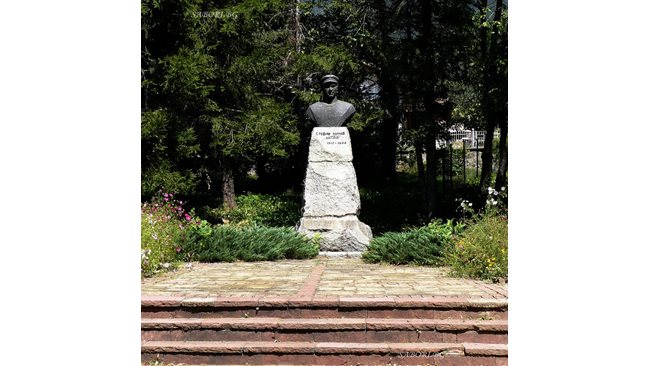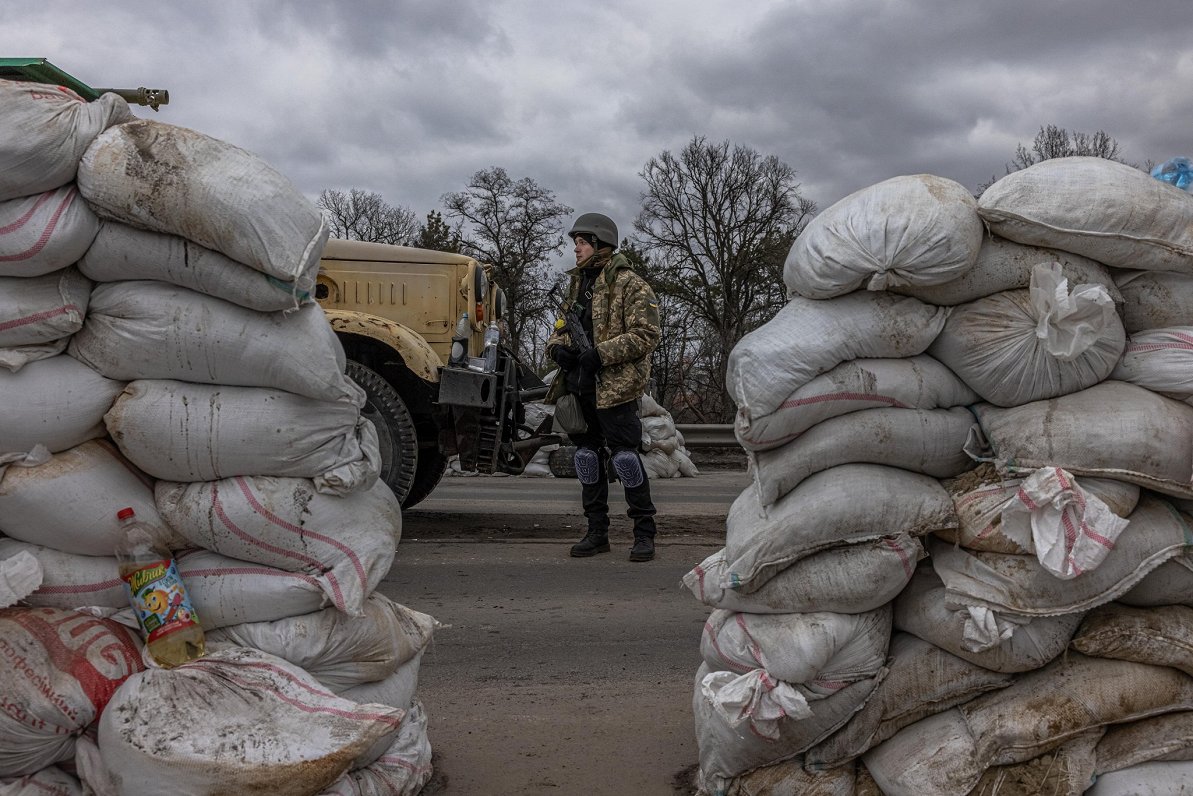Vesselin Andreev, the author of the ballad for Stefan Minev, commits suicide
The brutal murder of the shepherd Ivan Doganov by the two brothers Doncho and Krassimir Petrovi on February 6 again brought the Sofia village of Anton to the news.
The world learned about it in 2009, when the ship Ilinden sank on Lake Ohrid on September 5, killing 15 Bulgarian tourists. Eight of them are residents of the village of Anton.

The poet Veselin Andreev
–
On July 5, 2011, the Ohrid court sentenced the captain of the ship and the man who issued the certificate of fitness to the vessel to one year. The relatives of the 15 victims receive 4,500 euros each.

The graves of several of the people from the village of Anton who drowned in Lake Ohrid
–
13 years later
a new tragedy
shake the village
Pastor Ivan Doganov was killed in a particularly brutal manner, accused of stealing 80 cows and horses and selling them in Koprivshtitsa. The two tenant brothers are now in custody, and the relatives of the murdered are awaiting retribution.
Anton is a village municipality. It is located in a mountainous area 90 km east of Sofia on the Sub-Balkan Road. Its population in 2012 was 1616 people.
The village used to be called Ladjene, but in 1950 it was renamed Anton. This is the illegal name of Stefan Minev – a remnant, communist and partisan. Once upon a time in junior high school we were made to memorize Veselin Andreev’s poem “The Ballad of the Communist”. It was written in 1946 and is dedicated to Anton.
The village has kept its name and did not allow it to be changed after 1989, when the names of settlements and city boulevards and streets named after communists and guerrillas were changed en masse.
The real Anton – Stefan Minev, was born on December 27, 1917 in Koprivshtitsa. In his memoirs, Veselin Andreev described it in detail:
“Medium height, stocky and strong, with deep brown eyes, a little dreamy and strong at the same time, with big, masculinely beautiful lips, wide and sharp nose, sharp hair, Stefcho entered the hearts of young people before he enlightened their minds. .. ”
In the fifth grade, he was removed from school for 10 days. It’s next year
excluded from all
schools in Bulgaria
He was interned in Ladjene “after a week of silence exam at the police station”.
As a secretary of the RMC in his native village, he also prepared for the partisan life the young people from the neighboring Dushantsi.
In 1938 he was again admitted to the high school in Koprivshtitsa and became a member of the management of the Rem organization. He often gets into verbal and physical clashes with the legionnaires.
With the help of his uncle, a teacher managed to enroll in a school in Ruse. He found him there on June 22, the day Germany invaded the Soviet Union. He has only two exams left, but he is leaving school. “He is in a hurry to return to his homeland – the last, big exam awaits him,” wrote Veselin Andreev.
His countryman betrayed him to the police, arrested him and imprisoned him in the Pirdop area. There he denies giving communist literature to young people. He was released, but his release lasted only two weeks.
There was a failure in the Panagyurishte high school and Stefan Minev was arrested again, taken to Sofia and imprisoned in the fifth precinct. Several thugs in it boast that they are acting according to their own law: “To squeeze a stone – it will speak!”
They found no evidence of guilt and interned him in his native Koprivshtitsa. Three days later, a young police officer came to arrest him so that he could be interned far from Koprivshtitsa. They are found on a meadow. Stefan asks permission to go for an outer garment. He enters the house and manages to escape to the Balkans through a long-prepared exit on the roof.
He wanders in the woods for a long time. “The worst thing is that after those inquisitions in the fifth section, he often suffers unbearable suffering and should not be left alone!”
This is what Veselin Andreev writes and he has obviously left the reader to guess what these “unbearable sufferings” are. Presumably as a result of the brutal beatings
the young man receives
epileptic
seizures
At the end of September 1943, a man from Koprivshtitsa took Stefan Minev to the local partisan detachment “Georgi Benkovski”. There he became Anton … Historians claim that he chose the name of Anton Ivanov, who is also from Koprivshtitsa and is secretary of the Central Committee of the Bulgarian Communist Party.
It is believed that fainting and loss of consciousness was the reason why he was captured in a battle between the guerrilla detachment and the gendarmerie. He was severely tortured, but did not betray anything or anyone. At least that’s what official history says.
In 2019, the social network Volontime published the essay “Forgotten Heroes”. Its author is the student from Pirdop Gabriela Gosteva:
“After his capture, Minev was subjected to unheard of abuse – a fight with a pickaxe, shaking the wounded body with electricity, stabbing with knives, sprinkling salt on the wounds and burning the beaten with gasoline. Crooked jaws, broken teeth, broken limbs. Even when he is tied to the bed, severely beaten, he is guarded by two machine guns – they are afraid of him. And under the bed – a pool of blood, so much so that you can’t collect it with a rag, you have to scrape it with your hands. After all this, he was buried, still dead, in a trap dug by his comrade, under pressure from the police. In the quiet morning, the moans of the buried half-alive hero can be heard under the fresh grave for a long time. ”
Stefan Minev – Anton
dies on
June 2, 1944
The author of the poem dedicated to him – the poet Veselin Andreev, committed suicide on February 11, 1991, just 5 days before his 73rd birthday. He drank a large dose of the sleeping pill tardyl. His son finds him lying on the kitchen floor.
The poet leaves a death note in which he explains why he himself preferred death to life. It is written on a typewriter, then there are additions and postscripts made by hand.
After his suicide, the newspapers published various excerpts from the letter at the poet’s explicit insistence. Particular emphasis was placed on the lines: “Damn Zhivkov! And the Zhivkovists! ”
–


![[En continu] Saudi Arabia lifts most restrictions for pilgrimage [En continu] Saudi Arabia lifts most restrictions for pilgrimage](https://assets.letemps.ch/sites/default/files/styles/share/public/media/2022/03/06/e0ea03b_2022-02-20t210640z-2038264299-rc2qns9qe4zb-rtrmadp-3-saudi-riyadh.JPG.jpeg?itok=m8Rl2g-J)